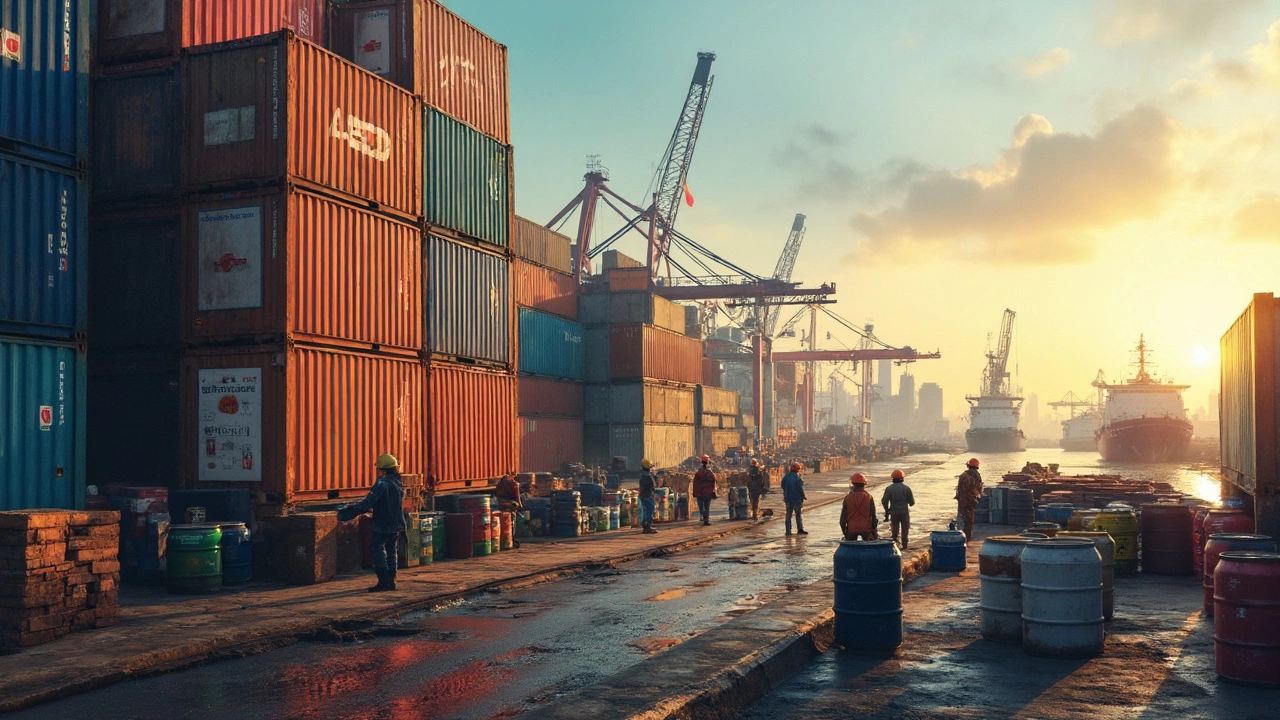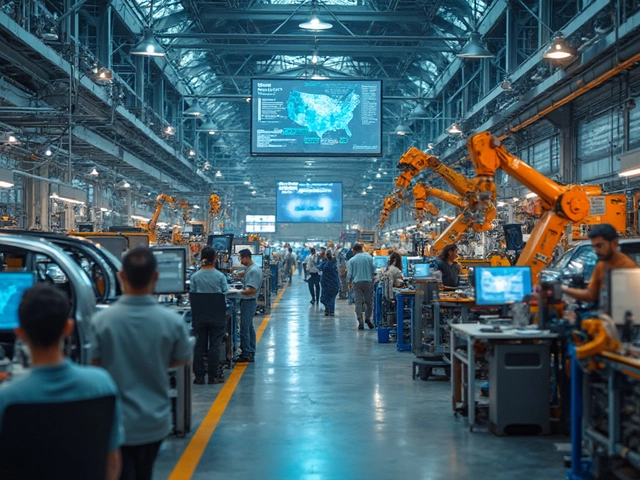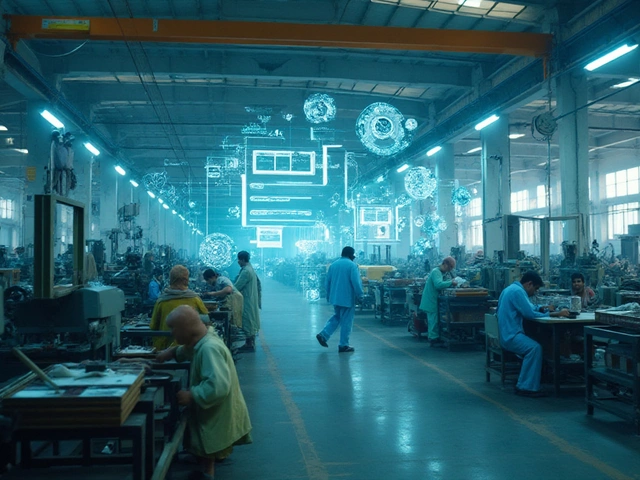Chemical Manufacturers: The Basics and Their Impact
Ever wonder where the plastic bottle, the cleaning spray, or the fertilizer on a farm starts its life? It all begins with chemical manufacturers. These companies take raw ingredients—like oil, minerals, or plant extracts—and turn them into the chemicals we use every day. The process may sound complex, but the idea is simple: transform basic substances into useful products.
In India, the chemical sector is a major driver of the economy. Factories range from small family‑run plants to sprawling multinational hubs. They feed into industries such as textiles, cosmetics, agriculture, and even the food you eat. Because of this, a change in chemical production can ripple across many parts of daily life.
How a Chemical Manufacturing Plant Works
First, raw materials arrive at the site. Think of crude oil, natural gas, or mineral salts. The plant then uses reactors—big steel vessels—to mix and heat these inputs under controlled conditions. Temperature, pressure, and timing are carefully monitored; a tiny shift can change the final product’s quality.
After the reaction, the mixture moves to a separation stage. Here, engineers separate the desired chemical from leftovers using methods like distillation, filtration, or centrifugation. The product may then be purified, dried, and packaged. Each step needs skilled technicians and safety checks because chemicals can be hazardous if mishandled.
Why Sustainability Is a Must for Chemical Makers
Traditional chemical processes often waste water, release greenhouse gases, and generate toxic by‑products. Today, customers and regulators demand greener practices. Modern manufacturers are adopting closed‑loop systems that recycle water, using bio‑based feedstocks, and investing in energy‑efficient equipment.
In India, the push for sustainable chemicals aligns with government policies encouraging low‑carbon manufacturing. Companies that adopt greener methods not only reduce their environmental footprint but also cut costs on waste disposal and energy bills. For consumers, supporting such firms means choosing products that are safer for health and the planet.
If you’re looking to buy chemicals or products that contain them, check for certifications like ISO 14001 or claims of zero‑VOC (volatile organic compounds). These labels give a quick clue that the manufacturer follows stricter environmental standards.
Another practical tip: ask suppliers about their waste‑management plans. A responsible chemical manufacturer will have clear procedures for treating and recycling waste, rather than dumping it in nearby rivers or landfills.
So, whether you’re a DIY enthusiast, a small business owner, or just a curious consumer, understanding what chemical manufacturers do helps you make smarter choices. Look for transparency, certifications, and a track record of sustainability, and you’ll be supporting a sector that’s essential yet often overlooked.
In short, chemical manufacturers turn raw stuff into the essentials we rely on, and the shift toward greener production is reshaping the industry for good. Keep an eye on the label, ask questions, and you’ll help drive the demand for safer, cleaner chemicals.
Which Chemical Is Mostly Imported in India? Key Insights for Chemical Manufacturers
India relies on chemical imports for its massive pharmaceutical, agriculture, and manufacturing industries. This article uncovers the top chemical India imports, why they're crucial, and what moves the market. From China’s dominance to the latest import trends, get clear insights and tips for staying ahead. Useful for anyone involved in sourcing or trading chemicals in India. Stay informed and make smarter choices in a tough market.
View More




